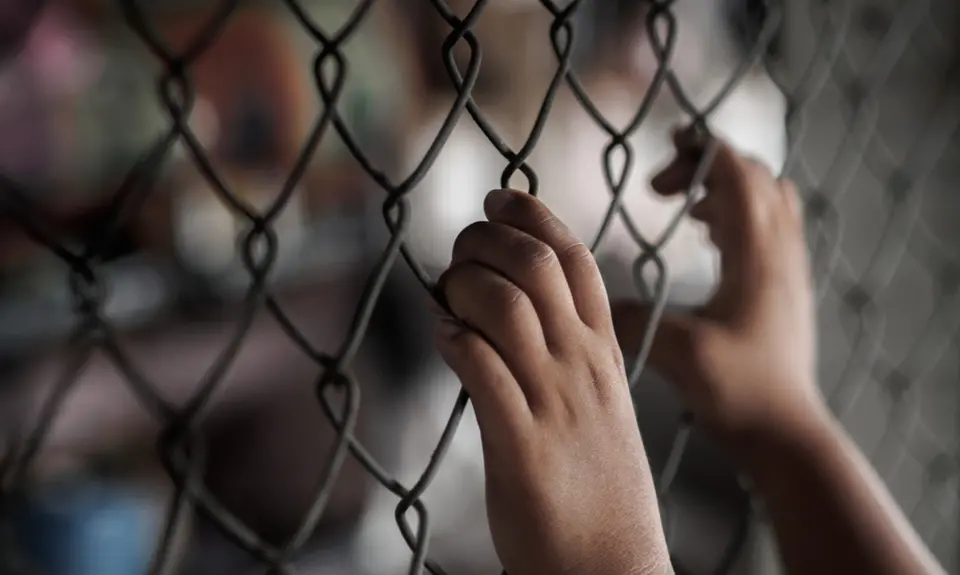There is perhaps no better example of Trump’s continued assault on Latinx immigrants than the family separation policy he ordered in early 2017. After thousands of immigrant children were taken from their parents, public outcry over the administration’s cruelty and barbarism against families who sought safety and security in our country reached fever pitch.
As Americans of all political stripes called for the restoration of compassion and morality in our country, one common refrain was that this kind of cruelty and barbarism is un-American. And indeed, family separation is cruel and barbaric. But family separation is deeply embedded in American history, and a part of our present – and it’s not just happening at our borders. Our criminal justice system has long been separating American families – especially Black and brown ones – through the prison industrial complex and our over-reliance on incarceration.
Since our country’s earliest days and through the mid-1860s, our government sanctioned the separation of enslaved Black families; soon after that and until as recently as the 1970s, Native American children were forcibly placed in boarding schools hundreds of miles away from their families.
Beginning in the 1980s, incarceration rates in the U.S. surged as law enforcement and sentencing policies changed during the so-called “tough on crime” era. Policies that encouraged racial policing and profiling and criminalized misdemeanors, petty crimes and drug possession disproportionately targeted Black people, skewing the racial makeup of the prison population: Despite making up just 12 percent of the total U.S. population, more than 33 percent of incarcerated people are Black.
Consequently, Black children experience incarceration-related family separation at higher rates. In 2010, it was estimated that one in nine Black children have an incarcerated parent. These children experience the same wrenching side effects of trauma that experts report witnessing in immigrant children, including ongoing mental health issues, increased aggression, poor academic performance, depression, and substance abuse. Simply put, their lives are often derailed for decades.
These outcomes can be further exacerbated if children are placed in foster care or put up for adoption. According to a Marshall Project analysis, parents who have a child placed in foster care because they are incarcerated, but who have not been accused of child abuse, neglect, endangerment, or drug or alcohol abuse, are at higher risk of losing their parental rights than parents who have physically or sexually abused their children. It’s estimated that this happens in one of eight of these cases.
Every American deserves a justice system that serves all communities and supports their ability to thrive. But our country’s focus on imprisonment has had lasting and damaging consequences on millions of American children.
As we continue to speak out against the monstrous treatment of immigrants, let’s remember that although the cruelty of family separation can be traced back throughout American history, it has no place in the vibrant and diverse America we’re building for future generations. And as we call for reunification for every immigrant family, we can’t forget all the families experiencing separation through incarceration who deserve that, too.
